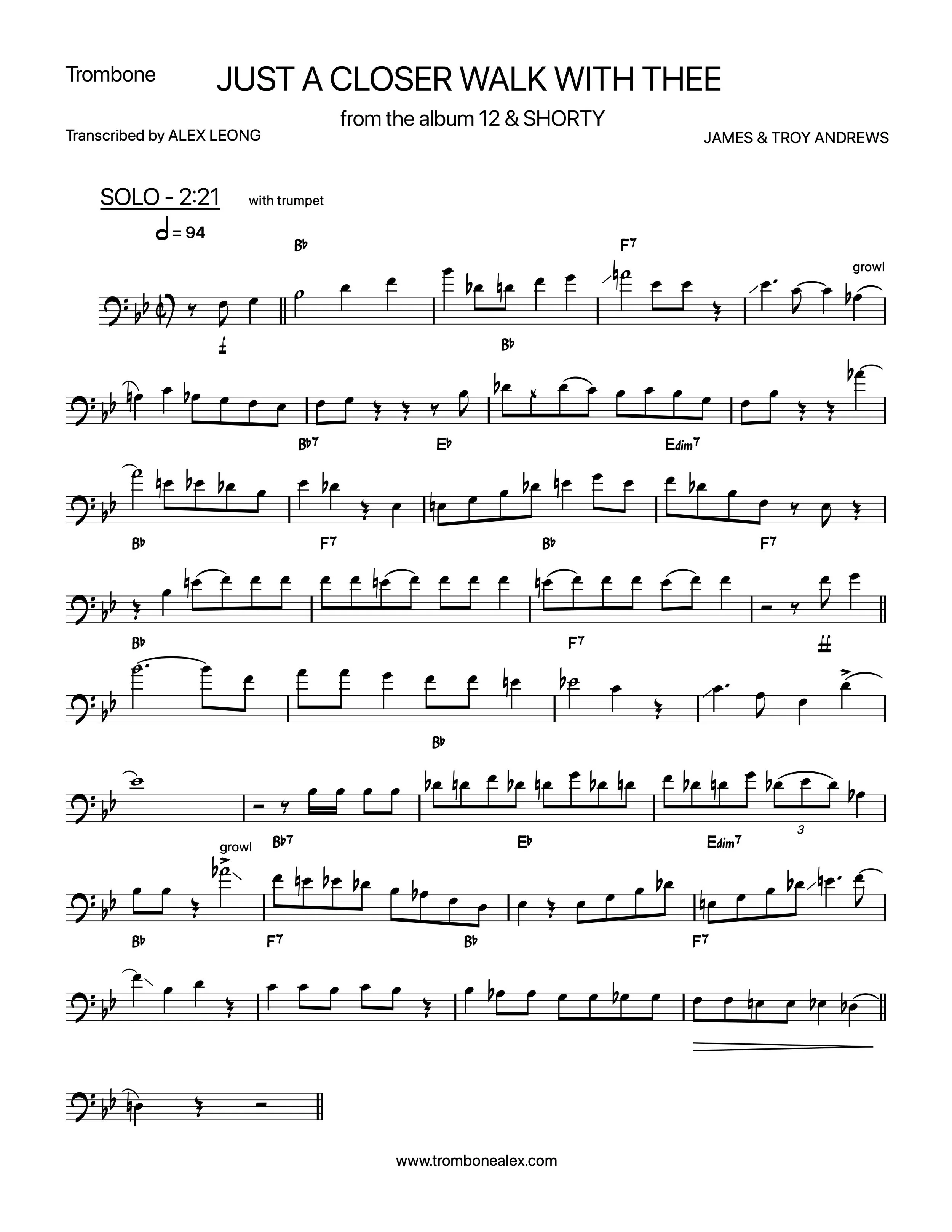In 1944, New Orleans trombonist Jim Robinson recorded a version of “Ice Cream” with clarinetist George Lewis, featuring the trombone as the lead melodic voice and a rhythmic performance that established the song as his signature tune.
Read MoreAmong the popular compositions by Louisiana-native songwriter Spencer Williams, which include “Royal Garden Blues” and “When Lights Are Low,” the most-widely adapted song has been “Basin Street Blues.”
Read MoreFor over a century, many singers have asked where “Corrina” has been however few seem to know exactly where “Corrina” originated.
Read MoreOne of the earliest jazz recordings, “Tiger Rag” is credited to the members of The Original Dixieland Jazz Band however its origin and musical themes have been disputed long before its 1917 publishing.
Read MoreLil Hardin Armstrong gave her life to “The World’s Greatest Trumpet Player.”
Read MoreNew Orleans songwriter and entertainer Sam Theard originally wrote and recorded “You Rascal You” in 1929 as a minor-blues dirge. Despite its violent imagery, the song’s popularity has lasted in part due to the clever and creative rhyming pairs that evolve with the language over time, as well as allow the singer to get in the final word or veiled threat.
Read MorePrivileged groups like the New Orleans Rhythm Kings had access to recording studios and publishing companies, thus establishing “Tin Roof Blues” as an early jazz standard.
Read MoreBecause of its mainstream popularity, some songwriting circles have referred to a chord progression that utilizes a dominant-Three chord as the “Georgia” changes, despite its common occurrence in other early jazz standards heard throughout New Orleans, like “All of Me” and “Basin Street Blues.”
Read MoreIt was Chicago gospel composer Kenneth Morris who first published an arrangement in 1940 based on variations sung by railroad porters that he had transcribed during his travels. Along with choir director Sallie Martin, the Martin & Morris Music Company became one of the oldest publishers of American music, and whose catalogue has since been donated to the Chicago Public Library.
Read MoreGiven the tune’s simple chord changes and singable melody, “Lady Be Good” is often overlooked by post-modern and doctoral musicians in debt to their previous lives. But in such a timeless city as New Orleans, music does not get erased - modern jazz is a living preservation of early traditions and spirits that prolong legacy rather than recycle invention.
Read MoreIn 1940, the first Black vocal group to host a national radio show, The Mills Brothers, recorded a version of Berlin’s “Marie” featuring Louis Armstrong on trumpet and lead vocal, perhaps as an act of retribution for Doc Wheeler’s contributions.
Read MoreWritten in 1931 by Gerald Marks and Seymore Simons, author Ted Gioia suggests that Armstrong’s up-beat presentation of “All Of Me” contradicts the sentiment of the lyrics, that the song is essentially a blues of resignation and heartbreak, and he points to the 1941 Billie Holiday and Lester Young recording as the definitive interpretation.
Read MoreWritten by Harry Warren and Johnny Mercer, “Jeepers Creepers” was nominated for an Academy Award for its featured performance in the 1938 film Going Places, in which Louis Armstrong portrayed an “Uncle Tom” character who sings the adoring song to a racehorse.
Read More“Chinatown, My Chinatown” fails to acknowledge the suffering and oppression of people of color for the sake of cultural appropriation.
Read More

















